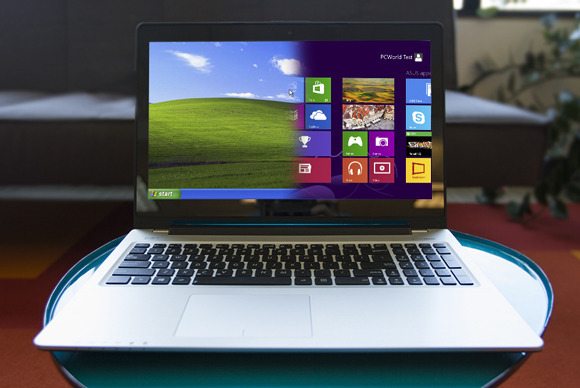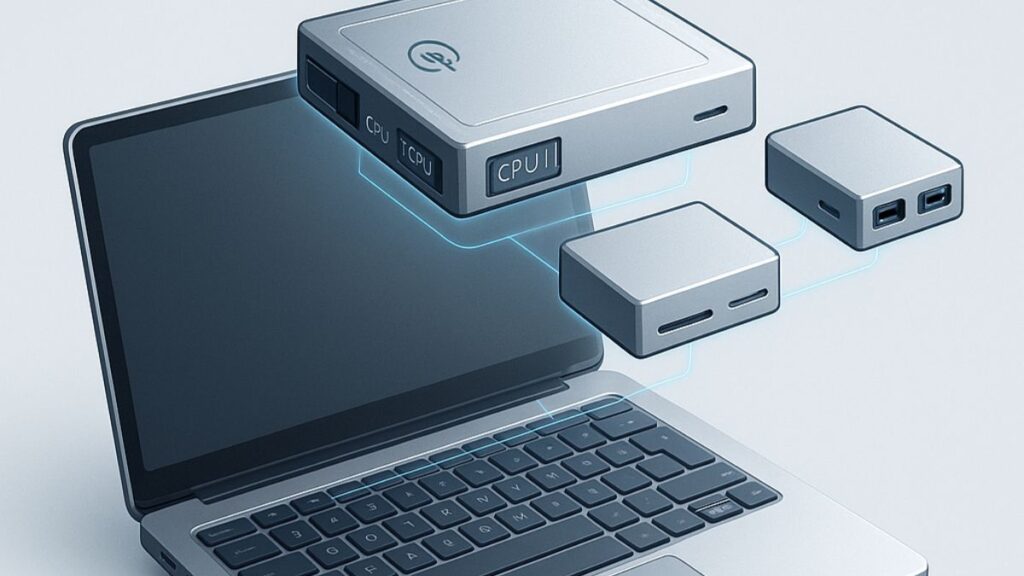You really, really need to dump Windows XP. No, really. Windows XP was great, and many users still love the operating system, but…it’s more than a decade old. At the rate technology evolves, that makes Windows XP a near-relic. Although it may still appear to work fine, the mantra of “if it ain’t broke, don’t fix it” doesn’t really apply to Windows XP. It’s broken in many ways, and when Microsoft officially stops supporting it next April, it really will be broken. You don’t even need to upgrade to Windows 8. Windows 7 would be fine. Whether you or a stubborn holdout you know still needs convincing, these three reasons should do the trick.
1. Productivity
From a 10,000-foot view, Windows XP seems productive enough. It runs the applications you need it to run. It checks email. It surfs the Web. When you take a closer look, though, the newer versions of Windows have features that help you work more efficiently. Aero Snap, which appeared in Windows 7, makes maximizing, minimizing, and organizing windows as simple as dragging them to the edge of the display. You can drag up to maximize, drag down to minimize, and drag to the left or right to snap the window to the respective half of the display. When you first start using Aero Snap, it seems like a novelty with little real value, but it quickly becomes second nature. After using Aero Snap for awhile, you’ll discover that it streamlines your work, and you’ll regret all the time you spent dragging windows here and there in XP. Windows 8 has another feature that can save you even more time. File History is similar to the Time Machine function in Mac OS X. It scans your files every hour and stores copies of the incremental changes over time. If you accidentally overwrite a crucial presentation, or you decide to scrap your changes and want to go back to the way things were a few hours ago, it’s easy to restore a file from any point in the history. Another timesaver in Windows 8 is Automatic Maintenance. Managing the little things that keep your PC tuned and optimized—like defragmenting your storage, antimalware scans, updating the operating system, and performing diagnostic tests—can be tedious. Automatic Maintenance takes care of all of those things for you while you sleep. Once you get used to the features in Windows 7 or Windows 8, you’ll wonder how you got by without them for so long.
2. New technology
Using an operating system that’s more than a decade old can also paint you into a corner when it comes to the peripherals and devices you can use with it. As new technologies are developed, they’re generally engineered with the latest operating systems in mind, and unlikely to be supported on Windows XP. USB 3.0 is a prime example. Most USB 3.0 devices will still work—in a technical sense—with Windows XP because they’re backward-compatible. However, they will fall back to USB 2.0 compatibility and transfer data at about one-tenth of the potential speed of USB 3.0. Also note that even USB 3.0 is getting long in the tooth and will eventually be replaced by even faster technologies that Windows XP will not be able to take advantage of… Read the full story at PCWorld: Windows XP holdouts: 3 reasons you must upgrade now. Yes, now.
- Why Data Security Is the Real AI Risk - June 30, 2025
- Why Being Bold Matters in Cybersecurity—and Branding - June 3, 2025
- Gear Tested and Approved: My Top Picks for Dads and Grads This Season - May 28, 2025



